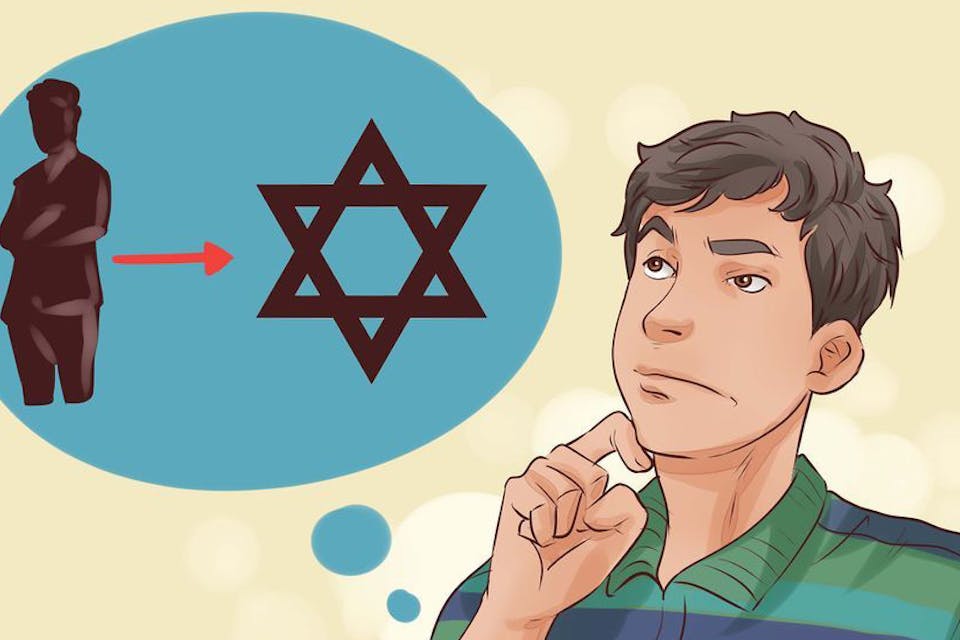
July 27, 2016
The False Ideas in the Phrase “Jew by Choice”
Now used to describe converts to Judaism, the term misleadingly suggests that Jewishness inheres more in certain selective beliefs than in Jewish peoplehood.
Browsing on the Internet the other day, I came across a recent blog on the Jewish feminist website Lilith entitled “Why I Hate the Phrase ‘Jew by Choice.’” Never having cared for it, either, I took the time to read the piece. Its author, Amelia Dornbush, is herself a “Jew by choice,” as converts to Judaism have increasingly come to be called in the United States. I don’t know when this phrase got its start—probably sometime in the 1970s or 80s. Its popularization is no doubt connected to the dramatic upsurge of intermarriages in American Jewish life, which has led to conversions to Judaism on a scale not seen since the early days of the Roman empire.
In times like our own, “convert” has struck many Jews, whether themselves converted or not, as an objectionable, or at least inadequate, term. The word (from the Latin verb convertere, to turn around or turn in the opposite direction) has traditionally denoted someone who has renounced a former, false mode of belief or existence for a new, truer one espoused by others. Yet becoming Jewish is now experienced by many as a way of becoming truer to themselves without repudiating who they have been. “Jew by choice,” it is felt, is a phrase that honors such a decision while emphasizing that, having made it, one is the equal of any other Jew and should not be characterized by a word that marks one as a neophyte.
What, then, does Amelia Dornbush have against “Jew by choice”? Mainly, she writes, that it creates